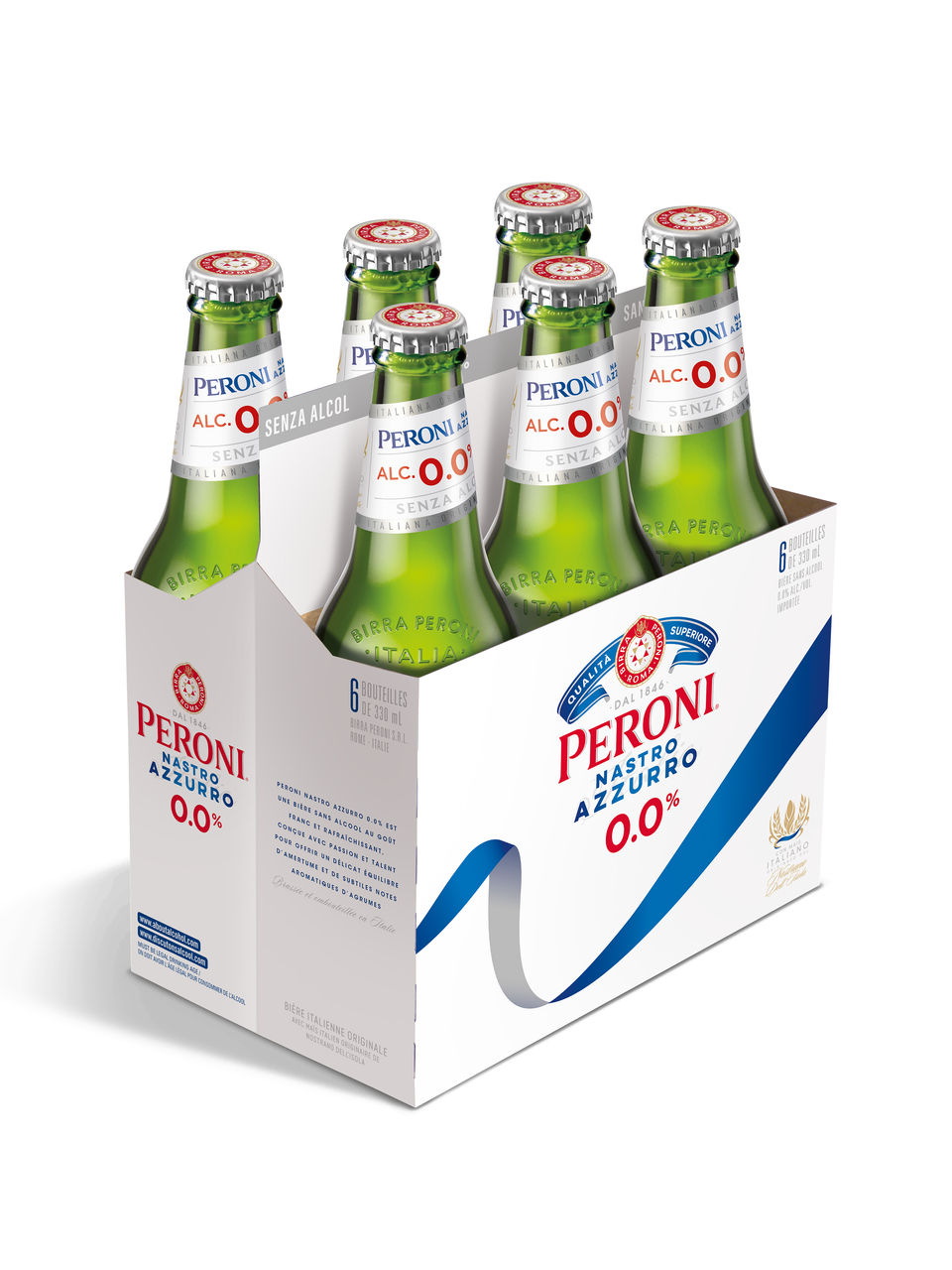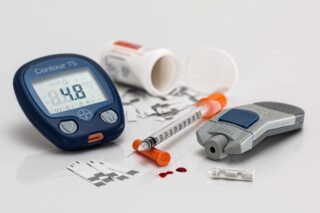
For many people, non-alcoholic beer represents the best of both worlds. They can enjoy the classic taste of beer without the lingering effects of alcohol on their body. However, is non-alcoholic beer actually healthy? Or is it simply a waste of money? In this article, we will explore the potential health benefits of non-alcoholic beer and break down whether or not it is a smart choice for your health.

Lowers Blood Pressure
Indeed, research has shown that non-alcoholic beer can have a beneficial effect on blood pressure. A study published in the Journal of Nutritional Biochemistry indicated that non-alcoholic beer decreased systolic blood pressure, suggesting that it can be a part of a healthy diet for those with cardiovascular risk (1).
The presence of polyphenols in non-alcoholic beer plays a significant role in these health benefits. Polyphenols are plant-based compounds known for their antioxidant properties. They help to combat oxidative stress in the body which is a key factor in the development of chronic diseases like hypertension.
Additionally, the absence of alcohol in non-alcoholic beer removes the diuretic effect commonly associated with alcoholic beverages. Alcohol can cause the body to lose more fluid through urine production, leading to dehydration which can increase the workload on the heart and raise blood pressure. By opting for non-alcoholic beer, this risk is significantly reduced.
It’s important to note that while non-alcoholic beer can contribute to a healthy lifestyle, it should not replace a balanced diet and regular exercise. These factors remain the cornerstone of maintaining optimal blood pressure levels and overall health.

Can Help with Exercise Recovery
Non-alcoholic beer can indeed serve as an effective post-workout recovery drink. After a strenuous workout, your body’s stores of glycogen, the stored form of glucose, are depleted. Consuming carbohydrates after exercise helps replenish these glycogen stores, promoting faster recovery and preparing the muscles for the next workout.
Non-alcoholic beer is a carbohydrate-rich beverage, which makes it a suitable choice for post-workout recovery. The carbohydrates in non-alcoholic beer are quickly absorbed by the body, providing immediate fuel to repair and rebuild muscles. This rapid absorption can help reduce muscle soreness and fatigue, enabling you to recover more efficiently from your workouts.
Moreover, non-alcoholic beer is high in electrolytes such as sodium, potassium, and magnesium. These electrolytes are crucial for maintaining fluid balance in the body and are often lost through sweat during intense workouts. Replacing these lost electrolytes is essential to prevent dehydration and facilitate muscle function and recovery.
In addition to its hydrating properties, non-alcoholic beer also contains beneficial nutrients such as B vitamins, which play a role in energy production and muscle recovery. For instance, vitamin B12 aids in red blood cell formation, which is crucial for delivering oxygen to the muscles.
While non-alcoholic beer can contribute to post-workout recovery, it’s worth noting that it should not replace a balanced, nutrient-dense meal. Consuming a mixture of protein, carbohydrates, and healthy fats after a workout is vital for optimal recovery and muscle growth. Also, keep in mind that everyone’s nutritional needs can vary, so it’s important to listen to your body and adjust your intake accordingly.

May Reduce the Risk of Type 2 Diabetes
Non-alcoholic beer, containing key components like hops and barley, could potentially aid in reducing the risk of type 2 diabetes. This is primarily due to their capacity to increase insulin sensitivity, which is a crucial aspect of regulating blood sugar levels.
Hops, a primary ingredient in beer, are known to contain a variety of bioactive compounds, such as iso-alpha-acids, which are derived from the hops’ bitter acids during the brewing process. Some studies suggest that these compounds have a positive effect on glucose metabolism, improving insulin sensitivity and thus helping to regulate blood sugar levels. Insulin sensitivity refers to how responsive your cells are to insulin. Higher insulin sensitivity allows the cells of the body to use blood glucose more effectively, reducing blood sugar.
Barley, another primary ingredient in beer, is a rich source of dietary fiber, particularly beta-glucan. Beta-glucan is a type of soluble fiber that has been shown to slow glucose absorption into the bloodstream. This slower absorption rate prevents spikes in blood sugar and insulin levels, thereby increasing overall insulin sensitivity.
Furthermore, barley contains a type of resistant starch that is not digested in the small intestine but instead ferments in the large intestine. This fermentation process produces short-chain fatty acids, which are thought to increase insulin sensitivity and may help lower blood sugar levels.

Can Be High in Calories
While non-alcoholic beer may have many potential health benefits, it is important to note that it can be high in calories. A typical non-alcoholic beer has anywhere from 50 to 150 calories per serving, which can add up over time. For those who are watching their weight, opting for a lower calorie beverage like seltzer water or tea may be a better option.
May Trigger Cravings
If you are someone who has struggled with an alcohol or addiction in the past, non-alcoholic beer may not be the best choice for you. Some people may find that drinking non-alcoholic beer can trigger cravings for alcohol, leading them to fall off the wagon. As a result, it is important to talk to your doctor or addiction counselor before incorporating non-alcoholic beer into your diet.
The question of whether non-alcoholic beer is healthy can be viewed from a positive perspective. Indeed, it offers several health benefits such as aiding in lowering blood pressure, bolstering exercise recovery, and potentially reducing the risk of type 2 diabetes. While it’s true that it can be higher in calories than some other beverages and could trigger cravings for those in recovery from addiction, moderation and balance are key. For many people, an occasional non-alcoholic beer can be a delightful addition to their diet without adverse effects. It’s all about understanding its nutritional content and how it fits into your overall health objectives and lifestyle. In essence, the decision to enjoy non-alcoholic beer can be a beneficial one when made with mindfulness and consideration of your personal health journey.
- Chiva-Blanch, G., Urpi-Sarda, M., Ros, E., Valderas-Martinez, P., Casas, R., Arranz, S., … & Andres-Lacueva, C. (2014). Effects of alcohol and polyphenols from beer on atherosclerotic biomarkers in high cardiovascular risk men: a randomized feeding trial. Nutrition, metabolism and cardiovascular diseases, 24(1), 33-45. Link


